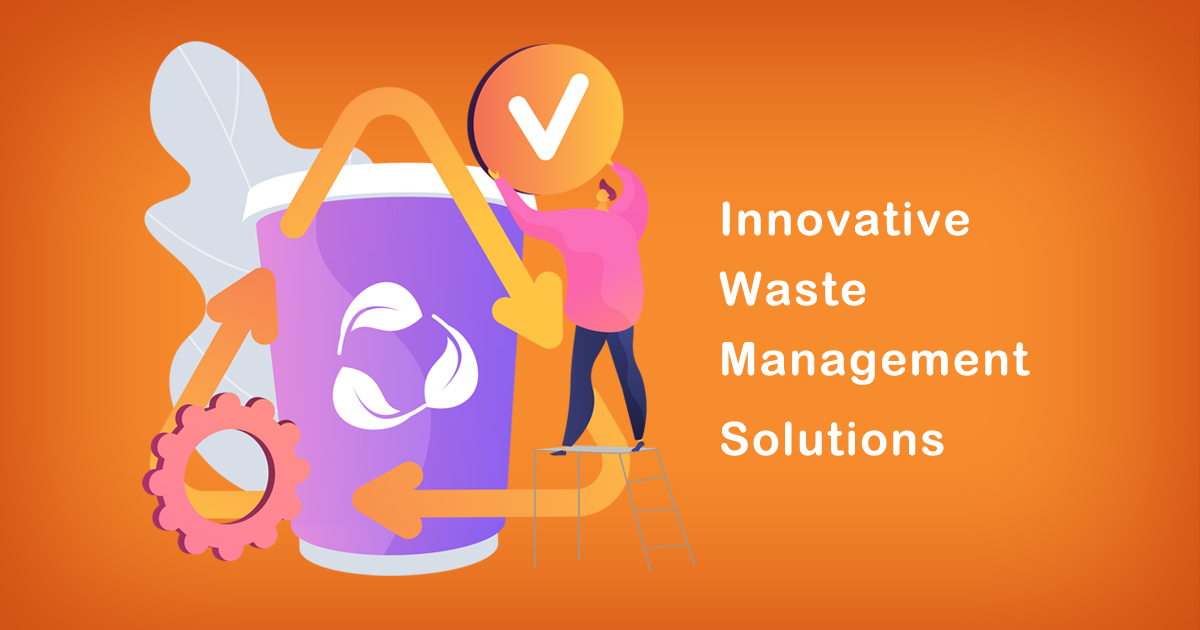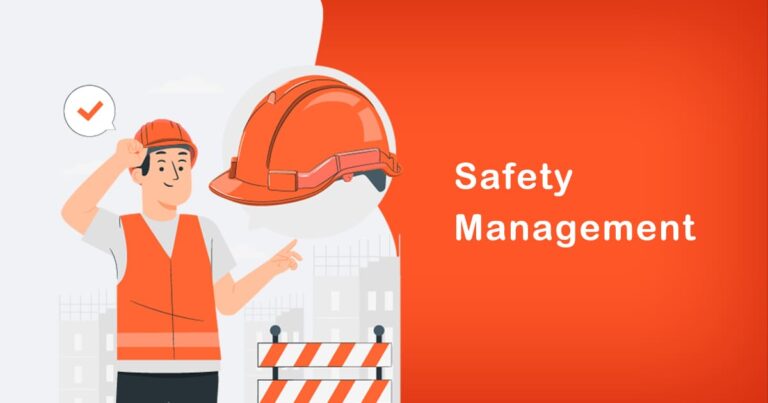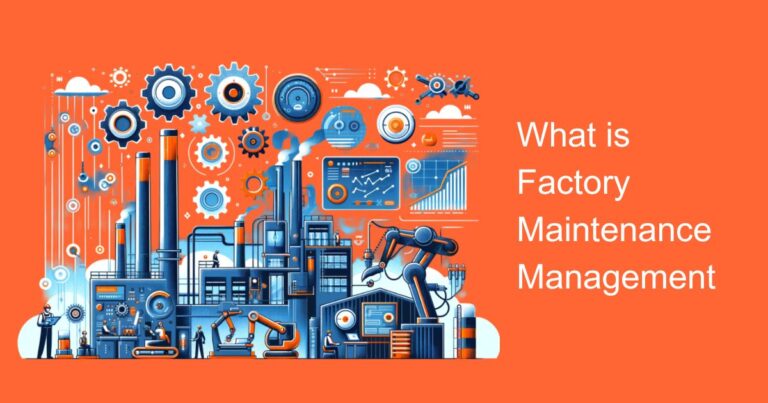Introduction
India is the world’s second-most populous country and is predicted to overtake China by 2027, with a population of over 1.39 billion people. With this increase in population, the amount of waste generated in the country is also increasing at an alarming rate. As per a report by the Central Pollution Control Board (CPCB), India generated 62 million tonnes of waste in 2020, out of which 43 million tonnes was solid waste. The waste generation is expected to reach 165 million tonnes by 2030, which calls for immediate action towards efficient waste management.
Waste not, want not
The phrase “waste not, want not” means that if you don’t waste anything, you will always have enough. This phrase holds significance, especially in today’s world, where resources are limited and need to be used judiciously. Innovative waste management solutions can help in conserving resources, reducing waste generation and protecting the environment. Waste management practices that were earlier considered expensive and complex can now be adopted by Indian businesses, owing to technological advancements and increased awareness.
Innovative waste management solutions for Indian businesses
Here are some innovative waste management solutions that can be adopted by Indian businesses:
1. Waste segregation:
Waste segregation is a simple yet effective way to manage waste. By segregating waste at the source, businesses can ensure that waste is managed efficiently. Segregation of waste into categories like organic waste, recyclable waste, and non-recyclable waste can help in reducing the amount of waste that is sent to landfills.
2. Composting:
Composting is a process where organic waste is decomposed naturally to produce a nutrient-rich soil conditioner. Composting can help in reducing the amount of waste sent to landfills and can also provide businesses with a cost-effective way of disposing of organic waste.
3. Waste-to-energy:
Waste-to-energy (WTE) is a process where waste is converted into energy. This can be done through various technologies like incineration, gasification, and pyrolysis. WTE can help in reducing the amount of waste sent to landfills and can also provide businesses with a source of renewable energy.
4. Reverse logistics:
Reverse logistics is the process of moving goods from their point of consumption back to their point of origin. This can help in reducing waste and can also provide businesses with a cost-effective way of managing waste.
5. Extended Producer Responsibility (EPR):
EPR is a policy framework where producers are made responsible for the end-of-life management of their products. This can help in reducing waste and can also encourage producers to design products that are more eco-friendly.
Challenges in waste management
India faces several challenges in waste management. The most significant challenge is the lack of awareness and education about waste management. Many people in India do not understand the importance of waste management and do not follow proper waste disposal practices.
Another challenge is the lack of infrastructure for waste management. Many cities and towns in India do not have proper waste management infrastructure, and waste is often dumped in open areas or landfills, causing environmental degradation.
Conclusion
In conclusion, waste management is an urgent issue that needs to be addressed in India. Innovative waste management solutions can help in reducing waste generation, conserving resources, and protecting the environment. Businesses can play a significant role in waste management by adopting innovative waste management solutions and encouraging their employees and customers to follow proper waste disposal practices. By working together, we can create a cleaner and more sustainable future for India.








